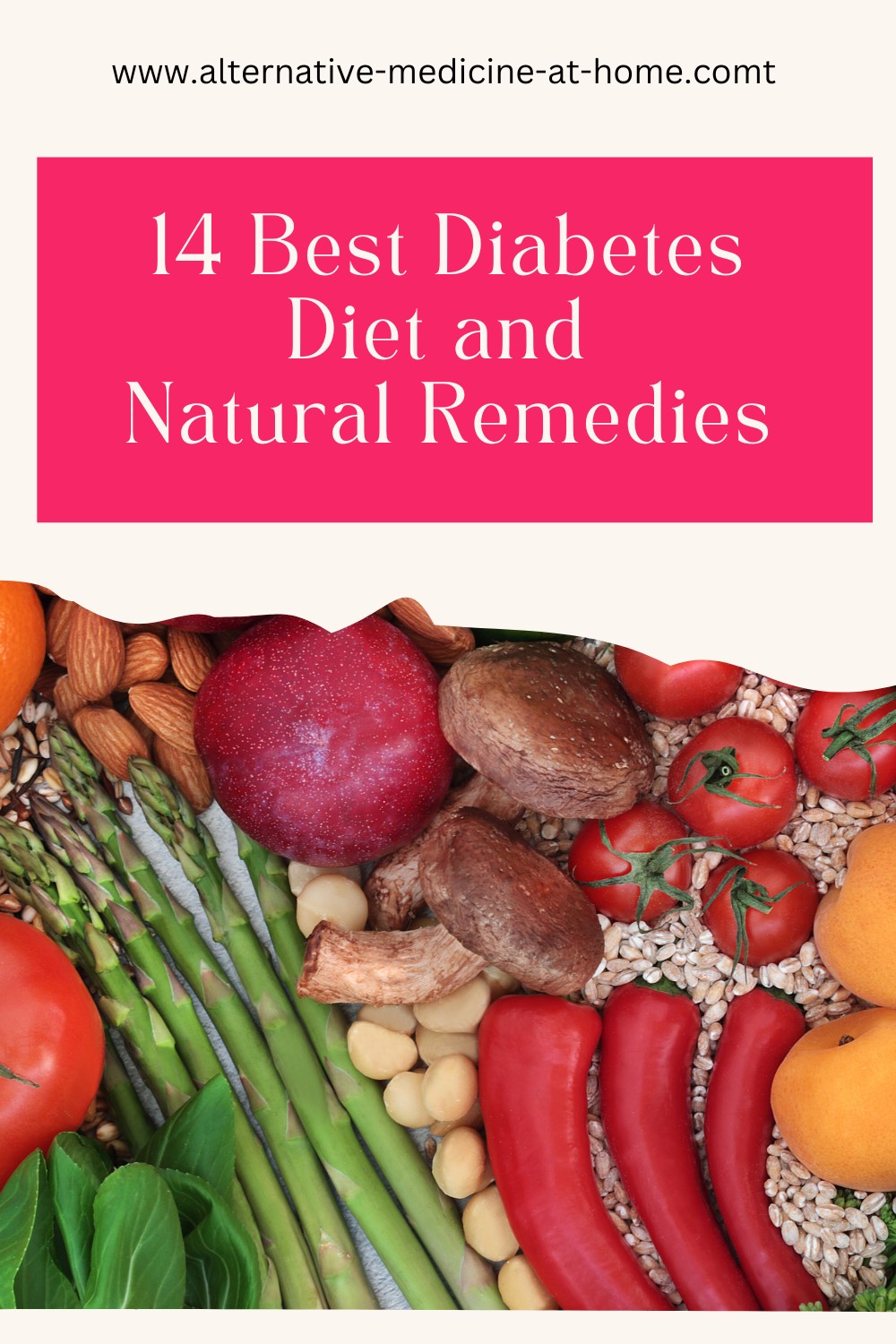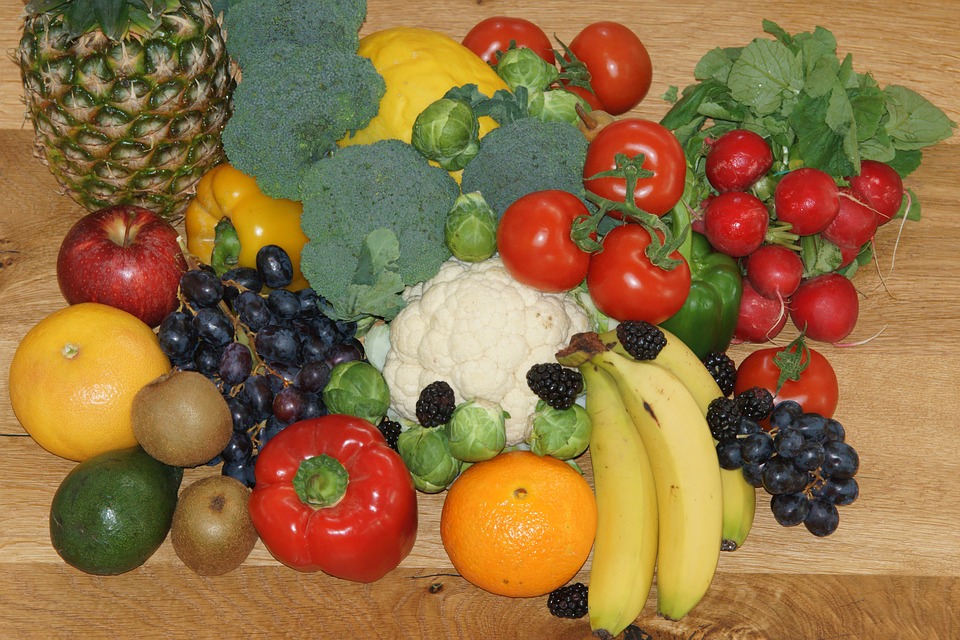DIABETES DIET AND NATURAL REMEDIES

It is estimated that 366 million people had Diabetes Mellitus in 2011; by 2030 this would have risen to 439 million.
Glucose intolerance is a life-long (chronic) disease in which there is a high level of sugar (glucose) in the blood. Insulin is a hormone produced in the pancreas by special cells, called beta cells. Insulin is needed to move blood sugar (glucose) into cells. Inside the cells, glucose is stored and later used for energy.
When you have type 2 diabetes, your fat, liver, and muscle cells do not respond correctly to insulin. This is called insulin resistance. As a result, blood sugar does not get into these cells to be stored for energy.
When sugar cannot enter cells, a high level of sugar builds up in the blood. This is called hyperglycaemia. The body is unable to use the glucose for energy.
SIGNS AND SYMPTOMS OF DIABETES AND GLUCOSE INTOLERANCE
- Polyuria (increased thirst) and Nocturia ( waking up at night due to urination) - due to hyperglycaemia.
- Fatigue – due to the inability to use glucose as an energy source.
- Rapid , unhealthy weight loss - due to the breakdown of protein and fat as an alternative energy source.
- Blurred Vision - caused by a change in lens refraction.
- Infections like Candida and urinary track infections – because raised serum glucose impairs phagocyte function and provide a growth medium in which micro organism can flourish.
- Cuts and wounds - that heals slowly.
14 BEST Diabetes diet AND NATURAL REMEDIES
1. diet

Increase your consumption of high-fibre foods, such as wholegrain bread and cereals, beans and lentils, and fruit and vegetables.
Eat fish and lean meat rather than fatty or processed meat.
Eat fruit, unsalted nuts and low-fat yoghurts as snacks.
2. Bitter gourd
Among the several home remedies that beneficial in controlling diabetes perhaps the most important is the use of bitter gourd. It has been found that bitter gourd contains hypoglycaemic or insulin like substance called plant insulin which helps in lowering the blood and urine sugar levels.
3. Indian Gooseberry
Due to its high vitamin C content is considered valuable in diabetes. The juice taken daily will stimulate the Isle of Langerhans that secrete the hormone insulin in the pancreas. The also reduces the blood sugar in diabetes.
Soak a tablespoon of dried Indian gooseberry powder in a cup of water. Next morning filter it. Add half a cup of water, a pinch of ground black pepper and a tablespoon of fresh lime juice to it. Have early in the morning on an empty stomach.
4. jambul FRUIT/ JAVA PLUM/ INDIAN BLACKBERRY
Indian blackberry is also effective in diabetes. The fruit, seeds and fruit juice are all useful in controlling blood sugar in the blood.
5. GRAPEFRUIT
Is very good for diabetes. If grapefruit is included in your diet there will be much less diabetes. If you have sugar and have a tendency towards it and want to prevent it then use grapefruit three times a day.
6. Fenugreek
The Seeds of fenugreek is found effective in diabetes. Fenugreek seeds given in dose of 25 grams to 100 g daily, reduces hypoglycaemia in diabetic patients. It is also helpful in reducing serum cholesterol and triglycerides in the diabetes patients.
7. Black gram and Bengal gram
Eating Bengal Gram and black gram has shown considerable lowering in fasting blood sugar level, glucose tolerance, urinary excretion of sugar and general condition. It's best to soak them overnight and germinate them before eating.
8. GLA (gamma-lipoic acid)
GLA is another naturally occurring antioxidant that is present in evening primrose oil, borage oil and blackcurrant seed oil. GLA may improve the function of nerves damaged by diabetic neuropathy.
9. Biotin
Biotin aids in the use of glucose and works in conjunction with insulin to achieve this goal. Both type 1 and type 2 diabetes can be affected by its influence on glucose levels.
10. Carnitine (L-Carnitine, Acetyl L-Carnitine)
L carnitine helps the cell use glucose in the right way. This makes the glucose metabolism of a diabetic person more stable and prevents problems like fatigue, insomnia, and mental activity.
Acetyl-L-carnitine (ALC) is a molecule that is made when carnitine is acetylated in the mitochondria. It is an important part of making energy. It has recently been suggested as a way to treat diabetic neuropathy and make its symptoms better.
11. Chromium
By using either brewer’s yeast stocked with chromium, or chromium chloride, diabetic patients may be able to improve glucose tolerance, lower their fasting glucose levels, decrease insulin levels and cut cholesterol and triglyceride levels, whilst increasing HDL-cholesterol levels.
12. Coenzyme Q10
The synthesis of insulin is stimulated by coenzyme q10, which in turn reduces blood sugar levels.
13. inositol
In addition to lowering blood sugar levels and hyperinsulinemia, inositol also protects the endocrine system and adipose tissue from the damaging effects of prolonged insulin stimulation. Additionally, it aids in curing the consequences of diabetic neuropathy, or diabetes-related nerve damage.
14. Vitamin E
Vitamin E enhance glucose tolerance. It inhibits the formation of blood clots and also contributes to the prevention of atherosclerosis.
How we can help you to Improve or Prevent your Diabetes or
Glucose intolerance
Testing for Diabetes and Glucose Intolerance
We’ll also be pleased to review your blood test results from your GP at no extra cost on top of our consultation services.
Diabetes and glucose intolerance, insulin resistance and blood glucose issues can in general be related to numerous other issues including nutrient insufficiencies, gut bacteria and digestive imbalances. As well as using blood testing to determine diabetes risk or stage, we can also use other tests to try and address underlying contributors to the development and progression of type 2 diabetes.
Our approach for diabetes and glucose intolerance is to control body weight, blood sugar level, reduce insulin resistance and control hyperglycaemia.
We target multiple mechanisms including enhancement of insulin sensitivity, stimulation of insulin secretion, and reduction of carbohydrate absorption.
Five major areas that we look closely at are:
- Eating Healthy
- Losing weight
- Excursing regularly
- Reducing stress - As stress plays a major contributing factor in increasing blood sugal level due to increase in stress hormone. Anxiety worry and grief also influence metabolism and may cause sugar to appear in the urine.
- Sleep - is linked to the the development of insulin resistance. Therefore ensuring that you have a good sleep is very important to us.
If you live far off and don't want to travel, we also provide consultation on skype and Zoom.
If you have any questions or would like to enquire about how we can help, just send us an email at -
contact@somavitalitywellness.com



